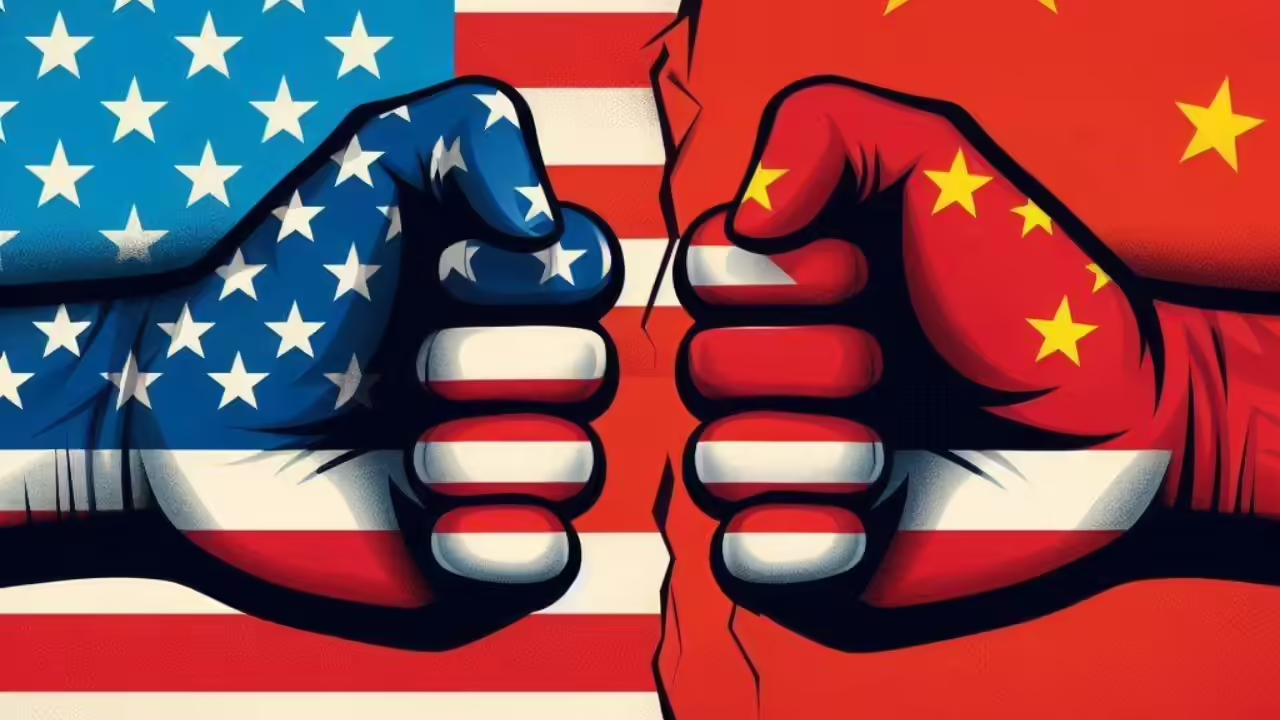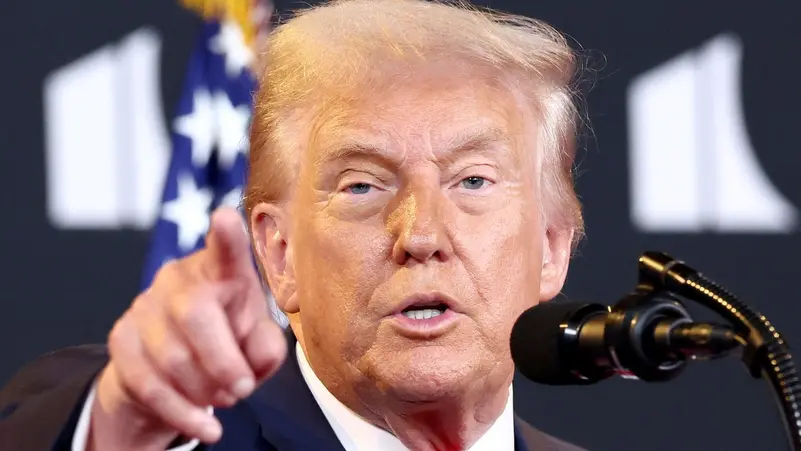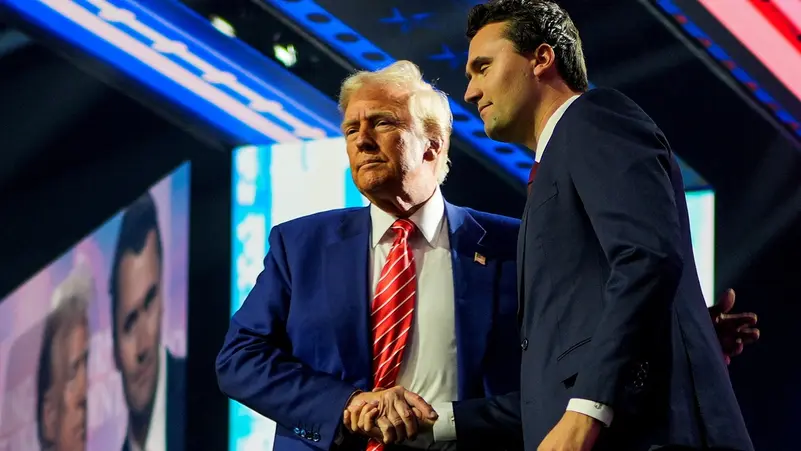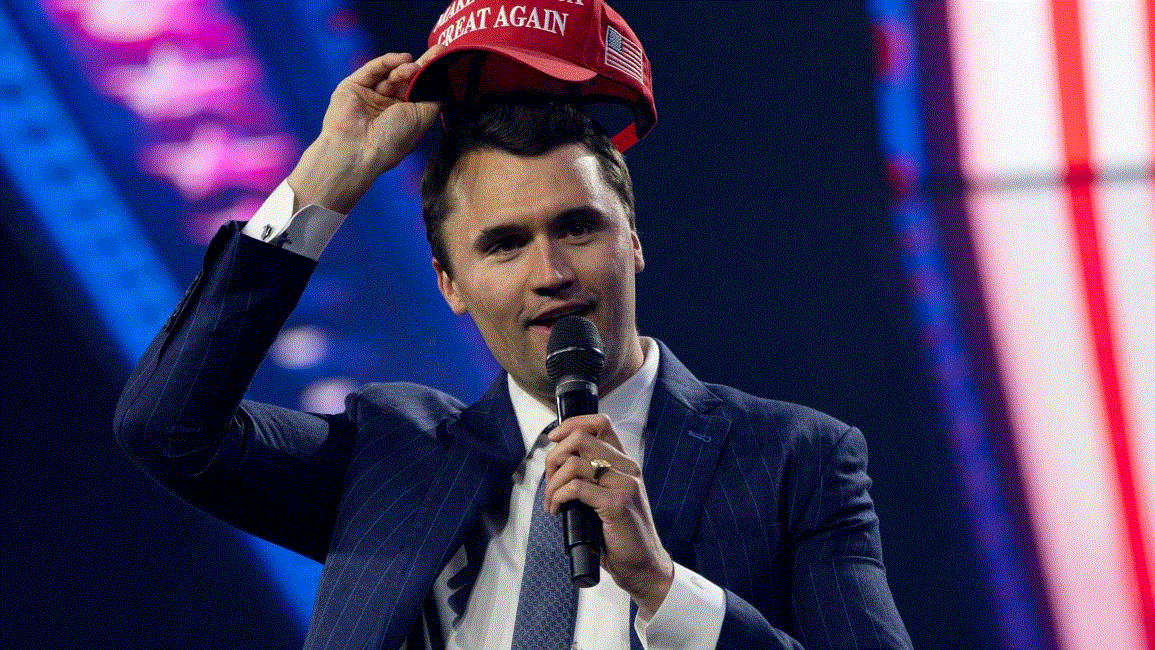Trade Wars: How Unprecedented Tariffs Threaten Global Economic Stability

In recent years, the world has witnessed an escalating series of trade wars, marked by unprecedented tariffs imposed by major economic powers, especially the United States. These tariffs have not only disrupted global supply chains but also threatened the fragile balance of the global economy. This article explores how these aggressive trade policies are reshaping international commerce, affecting markets worldwide, and posing risks to economic stability.
The Rise of Trade Wars
Trade wars are conflicts where countries impose tariffs or other trade barriers on each other in response to economic or political disagreements. The latest wave, led predominantly by the United States, has introduced tariffs never seen before in scale or scope. Governments have targeted key industries, including steel, aluminum, and technology, sparking retaliations that ripple through international markets.
Economic Impacts on Global Markets
The imposition of high tariffs disrupts the flow of goods and increases costs for manufacturers and consumers alike. Supply chains become fragmented, leading to inefficiencies and increased production costs. These disruptions have particularly impacted the Economy of emerging markets, which rely heavily on exports to developed nations.
Investors react cautiously to such instability, often leading to increased market volatility. The uncertainty created by trade tensions dampens business investment and can slow down economic growth globally. Notably, the U.S News highlights concerns over the rising inflation rates linked to these tariffs.
Political Motivations Behind Tariffs
Behind the economic arguments lie political motives. The administration driving these trade policies aims to protect domestic industries and reduce trade deficits. The Trump News section has chronicled various statements and policy moves emphasizing American economic nationalism and “fair trade” principles.
Global Reactions and Retaliations
Other countries have not remained passive. The World news landscape is filled with reports of retaliatory tariffs and countermeasures. Countries like China and the European Union have responded with their own tariffs, targeting American agricultural products and manufactured goods, further escalating tensions.
Future Outlook
Experts warn that if the trade wars continue unchecked, they could trigger a prolonged economic slowdown, potentially resembling a global recession. The Breaking News feeds often feature urgent updates on negotiations and policy changes aimed at de-escalation.
The interconnected nature of today’s global economy means that tariffs in one country can create ripple effects worldwide. For example, increased tariffs on raw materials like steel and aluminum have caused manufacturing costs to soar, affecting industries from automotive to construction. Many companies are forced to reconsider their supply chains, seeking alternatives to avoid tariffs, which often leads to inefficiencies and higher prices for consumers. These supply chain disruptions are thoroughly reported in the Economy sections of major news outlets.
Impact on Consumers and Businesses
Tariffs inevitably increase the prices of imported goods, which consumers ultimately pay. This rise in costs can reduce consumer spending, leading to slower economic growth. Small and medium-sized businesses often feel the pinch more severely due to tighter profit margins and limited ability to absorb additional costs. The U.S News frequently covers stories of American families and businesses struggling to cope with these changes.
International Negotiations and Trade Agreements
Amid rising tensions, several nations have pushed for new trade agreements or sought to renegotiate existing ones to mitigate the damage caused by tariffs. Diplomatic efforts are ongoing, with frequent updates appearing in Breaking News reports. Successful negotiations could lead to a reduction or elimination of tariffs, restoring some stability to global markets.
The Role of Technology and Innovation
Interestingly, the trade wars have accelerated technological innovation as companies look for ways to reduce dependency on vulnerable supply chains. Increased investment in automation, artificial intelligence, and domestic manufacturing aims to create more resilient economies less susceptible to external shocks. These developments are critical for maintaining competitive advantages in a turbulent global market, a topic often highlighted in the World news.
Unprecedented tariffs and the ensuing trade wars pose significant threats to the global economy’s stability. They disrupt supply chains, increase costs for businesses and consumers, and heighten market uncertainty. While political motivations drive these policies, the economic consequences reverberate far beyond national borders. Continued diplomatic efforts and innovative economic strategies will be essential to navigating these challenging times and restoring global economic health.




